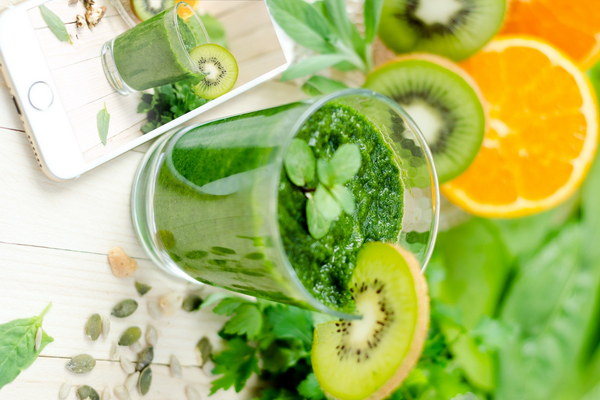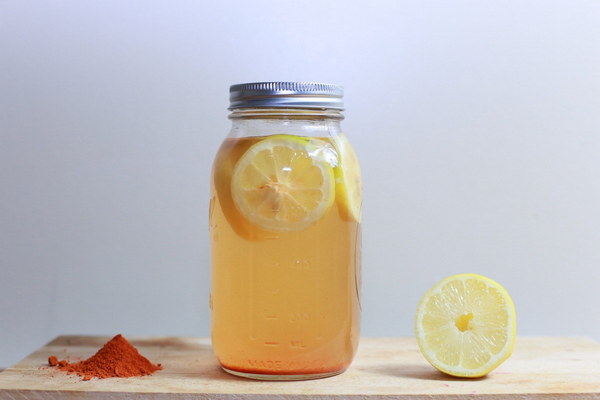Nourishing Your Sperm and Kidneys A Guide to Fertile Foods
Nourishing Your Sperm and Kidneys: A Guide to Fertile Foods
In the pursuit of overall health and wellness, it's essential to consider the health of your reproductive system. For men, this often involves focusing on the quality and quantity of sperm, as well as the vitality of the kidneys, which play a crucial role in filtering and maintaining the body's fluid balance. Certain foods are known to have properties that can support sperm health and kidney function. Here's a comprehensive guide to the top fertility-boosting foods that can help nourish your reproductive system.
1. Oysters and Shellfish
Oysters are often hailed as a superfood for spermatogenesis due to their high zinc content. Zinc is a vital mineral for sperm development and production. Other shellfish like shrimp and scallops also contain zinc, making them excellent additions to a fertility-friendly diet.
2. Pumpkin Seeds
Pumpkin seeds are not only a tasty snack but also a rich source of zinc and omega-3 fatty acids. The zinc in pumpkin seeds is particularly beneficial for sperm motility, while the omega-3s contribute to overall sperm health.
3. Eggs
Eggs are a great source of protein, which is essential for the production of sperm. They also contain vitamins B6 and B12, which are important for sperm development. The yolk of the egg is particularly rich in choline, a nutrient that has been shown to increase sperm count and improve sperm quality.

4. Spinach and Leafy Greens
Leafy greens like spinach, kale, and collard greens are packed with folic acid, which is crucial for spermatogenesis. Folic acid not only helps in the production of healthy sperm but also reduces the risk of birth defects in offspring.
5. Nuts and Seeds
Nuts and seeds, such as almonds, walnuts, sunflower seeds, and chia seeds, are rich in healthy fats, antioxidants, and vitamins that can contribute to sperm health. Walnuts, in particular, contain high levels of alpha-linolenic acid (ALA), an omega-3 fatty acid that has been linked to improved sperm quality.
6. Avocado
Avocados are a fantastic source of vitamin E, which is important for sperm health. They also contain antioxidants that can protect sperm from damage. Incorporating avocados into your diet can be as simple as adding them to salads or using them in smoothies.
7. Berries
Berries, such as strawberries, blueberries, and raspberries, are rich in antioxidants that can help combat oxidative stress, which is known to damage sperm. The high vitamin C content in berries also supports the immune system, which is essential for reproductive health.
8. Whole Grains
Whole grains like oatmeal, brown rice, and quinoa provide a steady supply of energy and are rich in selenium, a mineral that has been linked to higher sperm count and motility.
9. Lean Meats
Lean meats such as turkey and chicken are excellent sources of protein and zinc. These nutrients are essential for the production of healthy sperm.
10. Herbs and Spices
Herbs and spices like turmeric, ginger, and garlic have been used traditionally to enhance fertility. Turmeric, for instance, contains curcumin, which has anti-inflammatory properties that may improve sperm quality. Ginger and garlic, on the other hand, can improve blood flow and circulation, which is beneficial for reproductive health.
Incorporating these fertility-boosting foods into your diet can have a positive impact on your reproductive health. However, it's important to note that while diet plays a significant role in spermatogenesis, it should be complemented by a healthy lifestyle, regular exercise, and, if necessary, medical consultation for any underlying issues. Remember, the journey to reproductive wellness is a holistic one, and a balanced approach is key to achieving your fertility goals.









